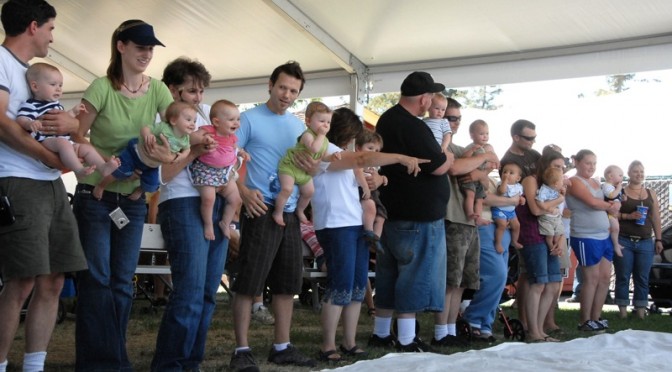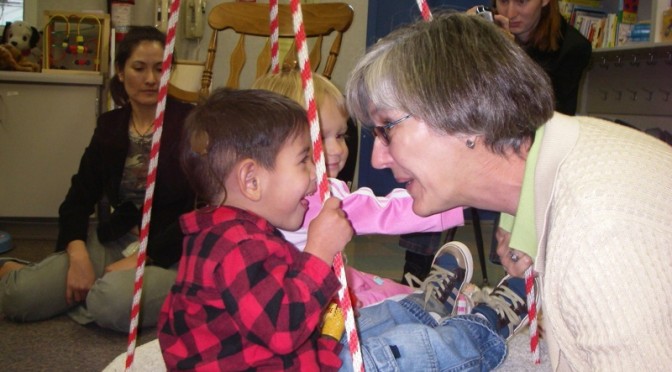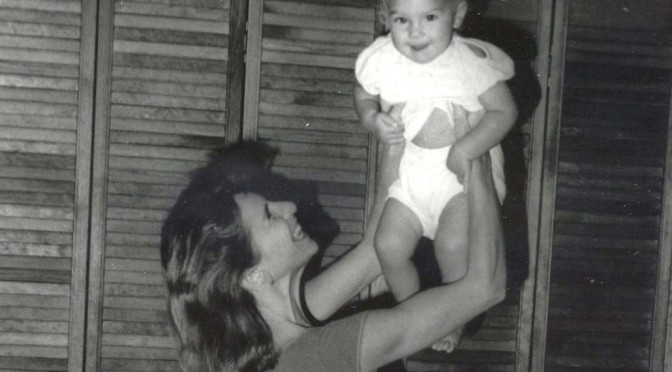Psychology professor Alan Fogel, author of “Infancy: Infant, Family and Society” (now in its fifth printing) emphasizes that infant self-awareness is at first grounded in the body and its senses—it is “embodied”.
Latest Posts

Nervous System, Cognition & Affect Style
“Early social experience in particular has profound consequences for the developing nervous system.” Richard J. Davidson, Lab for Affective Neuroscience, University of Wisconsin-Madison

The Development of Gaze-Direction
Everyone would agree: social awareness is crucial to sound development. Importantly, it begins to arise in infancy, as we learn to attune ourselves to where others are looking.

Epigentics: More than Genes
There’s social heredity, the “epigenome”, those special proteins surrounding the DNA, embed information controlling genes like an off and on switch.

Behavior and Reward Processing
A dynamic system of unconscious, primed, and conscious inclinations collectively influences behavior—it is our job to make the most adaptive choices with the information we have.
